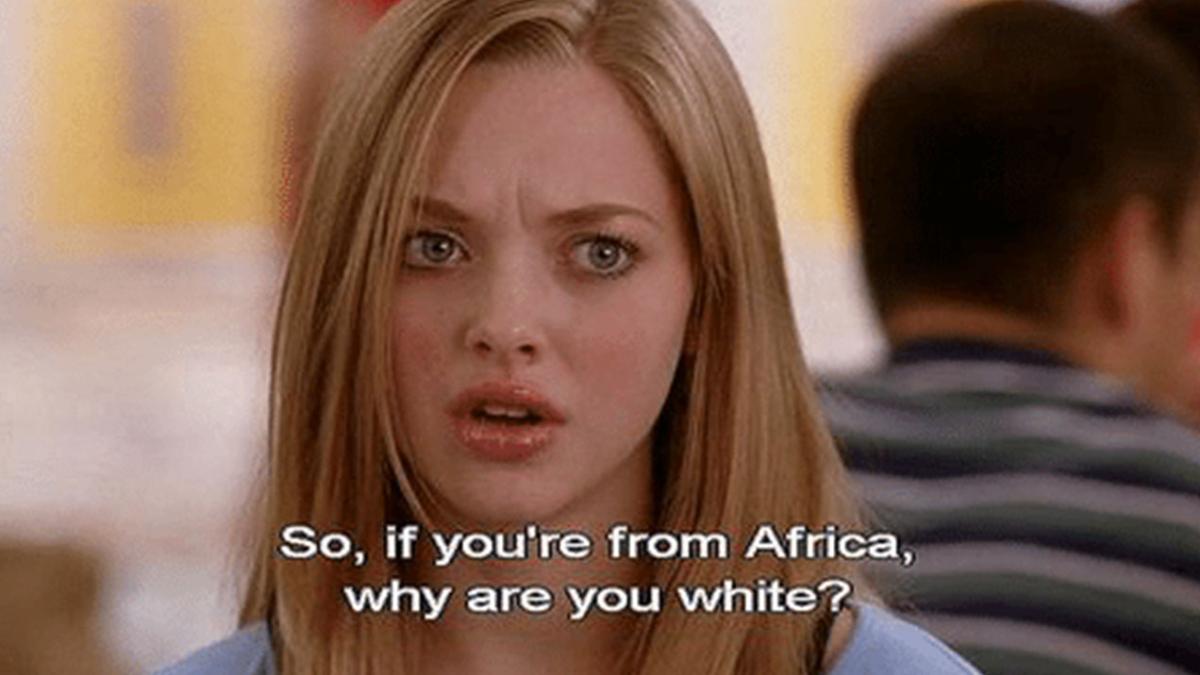
Whether you’re a job candidate or an employer, you may not realise that not everything is open for discussion in a job interview. In fact, some questions are straight up illegal to ask. Despite this, recent research by SEEK into illegal interview questions showed that four in 10 candidates have been asked them anyway.
It’s not surprising, but definitely not ok that the group most likely to be asked these questions were job hunters aged between 18 and 35, while candidates 55 and over were the least likely to be asked.
[jwplayer gvkTjsCy]
What Are Illegal Interview Questions?
You can’t arm yourself against receiving or accidentally asking illegal interview questions unless you know what they are. In a nutshell, any questions that make a candidate reveal information that doesn’t directly relate to how they’ll be able to do the job they’re being interviewed for are off limits.
If a candidate is made to tell the interviewer their age, race, national origin, gender, religion, marital status, whether they’re pregnant or planning to be, political views, sexual orientation or any kind of disability that’s a big no-no.
The only possible exception is if an employer can clearly explain why the question is relevant to a candidates performance in the role.
According to the SEEK research, the most common illegal interview questions candidates asked were age with 24% of people surveyed experiencing the question, marital status at 18%, whether they had or were planning to have kids at 12%, if they had tattoos at 7%, another 7% were asked about a disability and 7% were also asked about their nationality, culture or ethnic background.

What Should You Do About It?
So what do you do if you’re asked one of these questions? You want the job and you’re trying to be agreeable so it’s not surprising a full 85% of people surveyed who were asked an illegal question still gave an answer. Of those who answered, 62% were offered the job and 38% weren’t. The most alarming thing though is that 43% felt that their answer had an effect on the outcome.
In truther, you’re very much allowed to refuse to answer an illegal interview question. Speaking to SEEK, Trent Hancock, the Principal Lawyer at employment law firm McDonald Murholme, reckons it’s about being polite.
“If an interviewer steps out of line and asks an unlawful question, politely decline to answer the question on the basis that the answer is not relevant to your ability to perform the role. Ideally, this response will cause the interviewer to realise their misstep and withdraw the question.”
If the employer is able to explain why the question is directly relevant to the role, it does change things. “If it’s genuine and reasonable, it will render the question lawful,” explains Hancock.




